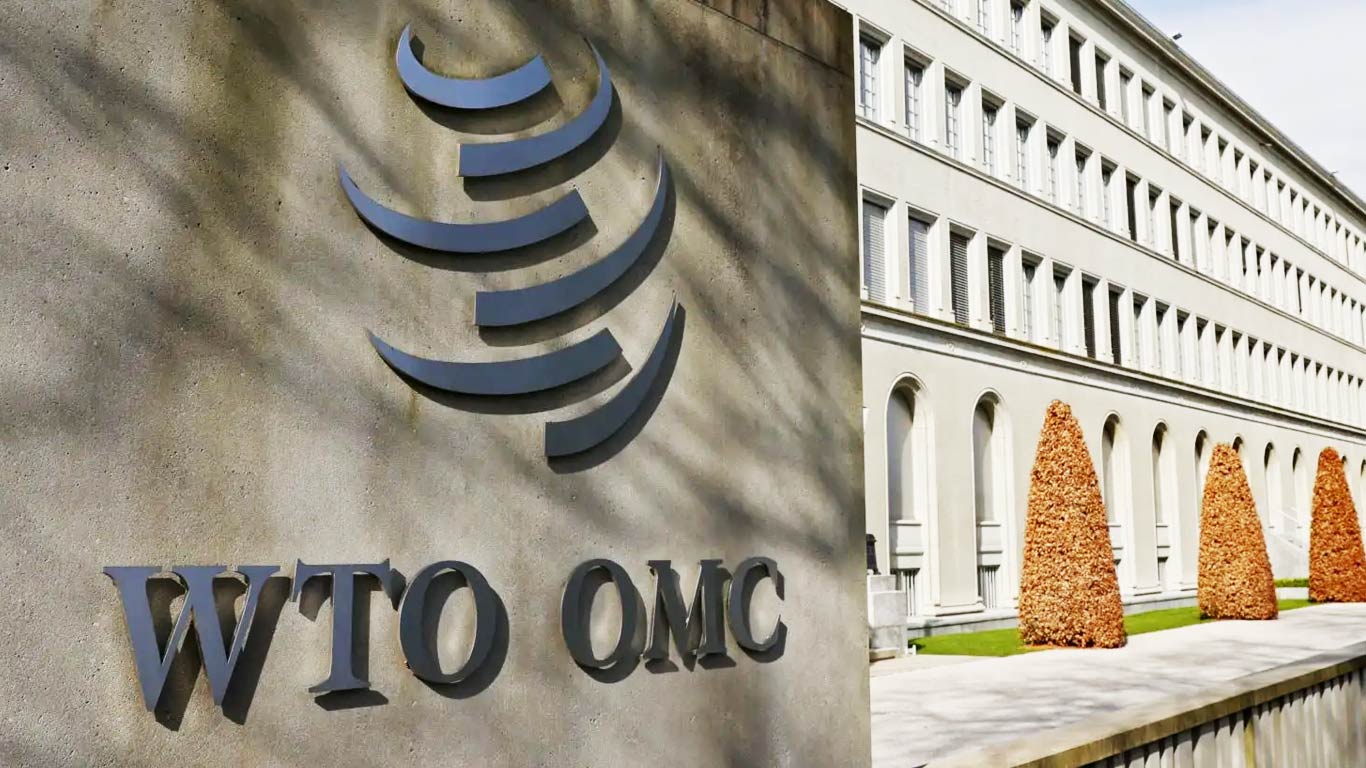Trade Measure Introduced By G20 Economies Turned More Restrictive In Recent Months: WTO
Updated: Dec 20, 2023 03:09:29pm

Trade Measure Introduced By G20 Economies Turned More Restrictive In Recent Months: WTO
New Delhi, Dec 20 (KNN) The trade measures introduced by G20 economies that account for 85 per cent of global economic output have turned more restrictive in recent months, according to the 30th WTO Trade Monitoring Report on G20 trade measures.
The report shows that between mid-May and mid-October 2023, G20 economies introduced more trade-restrictive than trade-facilitating measures on goods, although the value of traded merchandise covered by facilitating measures continued to exceed that covered by restrictions.
“For the first time since 2015, the monthly average of 9.8 new trade restrictions introduced by G20 economies during the review period outpaced that of trade-facilitating measures (8.8). In addition, the longstanding stockpile of G20 import restrictions in force showed no sign of any meaningful roll back of existing measures,” WTO said in the report.
As per the report, by mid-October 2023, USD 2,287 billion worth of traded goods, representing 11.8 per cent of G20 imports, were affected by import restrictions implemented by G20 economies since 2009.
The WTO report further states that the export restrictions have become more prominent since 2020, with a series of measures introduced first in the context of COVID-19 and more recently of the war in Ukraine and the food security crisis.
“Although some of these export restrictions have been rolled back, as of mid-October 2023, 75 export restrictions on food, feed and fertilizers were still in place globally,” it said.
The WTO’s latest forecast released last month had estimated merchandise trade volume growth of 0.8 per cent in 2023 down from the previous estimate of 1.7 per cent and 3.3 per cent in 2024.
In the first half of 2023, the volume of world merchandise trade was down 0.5 per cent year-on-year, as high inflation and rising interest rates weighed on trade and output in advanced economies, and as property market strains prevented a stronger post-pandemic recovery in China, it added.
(KNN Bureau)












